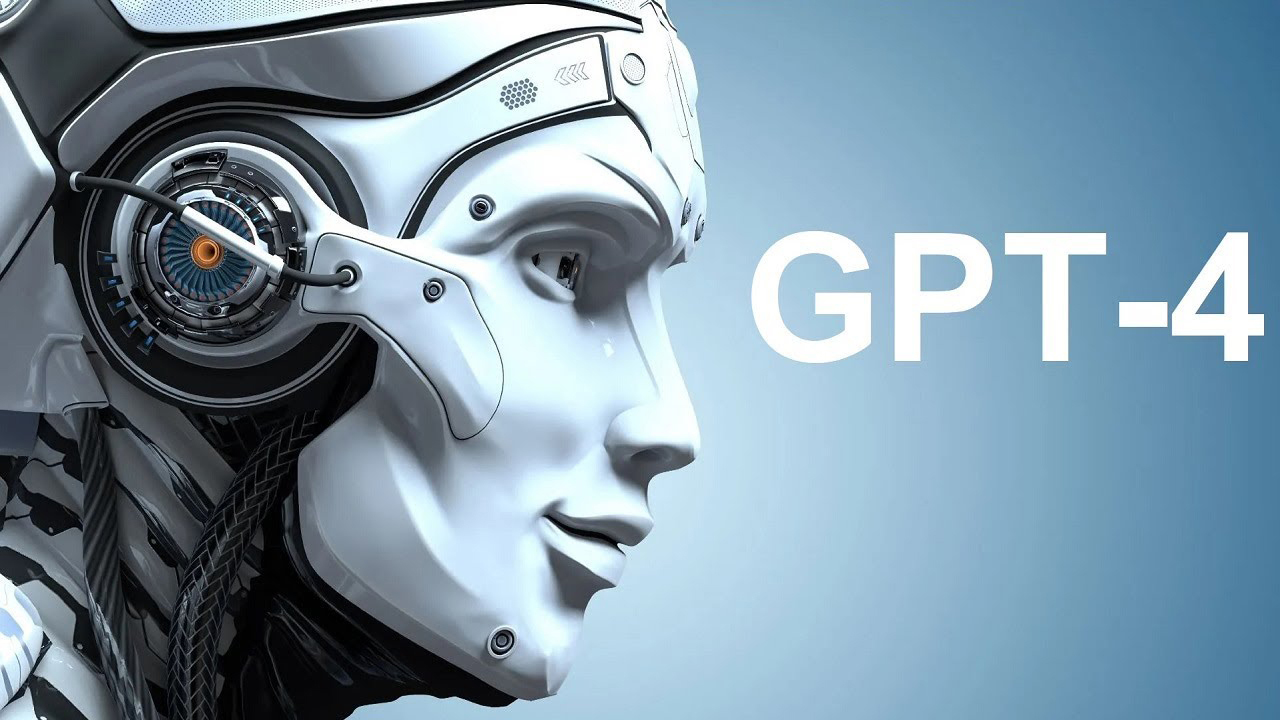In the 1930s, economist John Maynard Keynes predicted that by 2030 people would work only 15 hours per week. As far as we can tell the prediction has not yet worked out, but perhaps Keynes anticipated the dawn of ChatGPT. This, and other artificial intelligence (AI) platforms, is already transforming the way we look at work, education, public services and art.
For African governments and societies, AI poses a set of questions: how to seize the opportunities, minimise the risks and retain the value. The decisions the continent makes in the coming years could have a profound effect on its future.
On 14 March, AI research laboratory OpenAI announced the release of GPT-4, significantly more powerful than its already impressive GPT-3, scoring in the 99th percentile in various tests where its original iteration middled in the 31st. As new versions are released, the generative power of the technology is likely to become even more precise and expressive.
 English economist John Maynard Keynes (1883 - 1946), created 1st Baron Keynes, circa 1940. (Photo: Walter Stoneman / Samuel Bourne / Getty Images)
English economist John Maynard Keynes (1883 - 1946), created 1st Baron Keynes, circa 1940. (Photo: Walter Stoneman / Samuel Bourne / Getty Images)
Creative AI
A slew of other AI — Dall-E 2, Stable Diffusion, Lumen5, Soundraw, PodCastle and more — produce anything from art to royalty-free music from simple text prompts. And so, day by day, we enter the realm of philosophy, departing from scarcity and pragmatism towards a wealth of limitless resources and possibilities.
This prompts us to reconsider hard questions about what it really means to be human: what is art if it isn’t made by a (human) artist? If we don’t need to work, what should we do? If for all intents and purposes an AI platform thinks like a human, could that make it human?
The rapid advance of AI is forcing us, our governments, our businesses and our societies to answer these questions right now.
Read more in Daily Maverick: Buckle up, ChatGPT-4 is here to change the world – and it’s no April Fools’ joke
On the other hand, there are concrete problems that new technologies can solve. Certainly, the problems will differ from country to country, region to region. The State of AI in Africa report demonstrates that Africa’s tech and AI market is growing rapidly, but digitalisation often takes place only in spurts. Across African countries, we have lacked access for various reasons.
There is always a need for analytical and research capability across the continent, where brain drain often takes the best and brightest overseas. Maybe ChatGPT, if it remains free to use and access, can level the playing field. However, the technology can only be adopted in places where ecosystemic conditions are in place. Across Africa, this means where there is connectivity, affordable data, appropriate device access, digital skills and energy to serve the entire population. Ensuring universal access to new technologies still requires a lot of work.
Extent of bias
An additional concern for us on the continent is inherent bias stemming from the data that is fed into the algorithm. There are countless studies that demonstrate how predictive algorithms are biased against black people in the criminal justice system, or how most facial recognition software performs better in identifying white males compared to other genders and races.
South African computer scientists like Raesetje Sefala are working tirelessly to mitigate these risks by developing and interpreting data with local insight. It is also the work of governments, watchdogs and other institutions to dedicate resources to protecting and regulating powerful technologies we do not yet entirely understand. While we understand how ChatGPT works, truly understanding the extent of its biases will take a long time.
Moreover, it’s often the second-order impacts of new technology that really change society. There is a documented lag in the adoption of a technology as society learns it, adjusts to it and organises around it. This is called the productivity paradox, exemplified by how the transition from steam power to superior electricity was slowed by the architecture of factories, factory floor design, business models and the expectations of owners and workers.
It took more than 20 years to realise the productivity gains of electricity, as entire designs of factories needed to be changed to accommodate the new technology. Thus, sometimes there are advantages to being “late movers” — the latest technology can be accessed on a clean slate, without the tangled lines of existing constructs that evolve around technologies. Here, African countries may benefit.
What about consent and compensation?
Perhaps the greatest cause for caution must be in ensuring that the value of this invention does not funnel into a smaller and smaller set of hands. The insight it generates is derived from the inputs of all.
New lawsuits have been brought against AI companies like Stable Diffusion that have scraped the web for the work of artists and illustrators that their models are trained on. These artists have claimed that AI is using their artwork without consent or compensation. Is there a way to ensure that those who contribute to ChatGPT and AI (i.e. all of us) get compensated fairly for it?
At the heart of it though, AI is just an amalgamation of what already exists. What does it know about the things that are unknown, and that don’t exist online? Moreover, we don’t expect ChatGPT to learn new things for us. Certainly, researchers and those knowledgeable will still have jobs to fill in those gaps.
For African countries, the truth is that the world still doesn’t know very much about the “dark continent”. A lot of our knowledge is still offline. Certainly, there may continue to be a lot of work for humans to do in the Age of AI. DM/MC
Emma Ruiters is a technology and public policy analyst at the Tony Blair Institute for Global Change.




 English economist John Maynard Keynes (1883 - 1946), created 1st Baron Keynes, circa 1940. (Photo: Walter Stoneman / Samuel Bourne / Getty Images)
English economist John Maynard Keynes (1883 - 1946), created 1st Baron Keynes, circa 1940. (Photo: Walter Stoneman / Samuel Bourne / Getty Images)